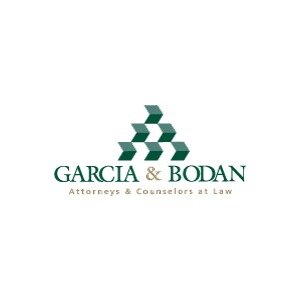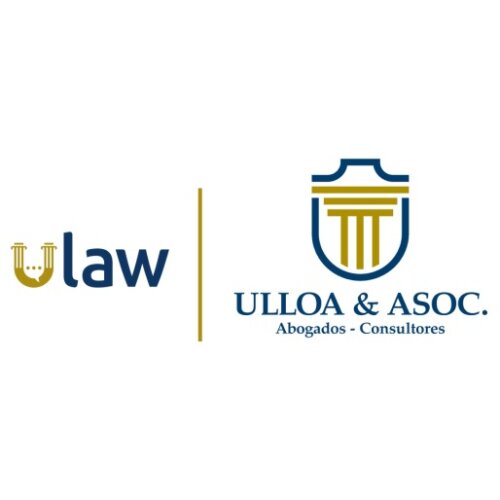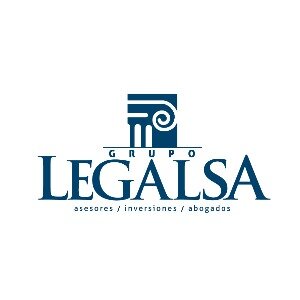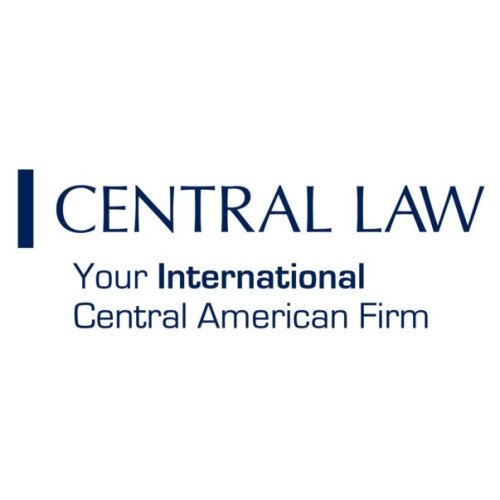Best Restructuring & Insolvency Lawyers in San Pedro Sula
Share your needs with us, get contacted by law firms.
Free. Takes 2 min.
List of the best lawyers in San Pedro Sula, Honduras
About Restructuring & Insolvency Law in San Pedro Sula, Honduras
Restructuring and insolvency law in San Pedro Sula, Honduras, governs the legal processes available to individuals and businesses facing severe financial difficulties or insolvency. As one of the economic hubs of the country, San Pedro Sula is home to a diverse range of businesses that may encounter financial setbacks due to market changes, operational challenges, or external factors such as economic downturns. The legal system provides structured mechanisms for either restructuring debt and continuing operations or, if necessary, liquidating assets and dissolving the business in compliance with Honduran law. Understanding these processes is crucial for anyone experiencing financial distress, as the right legal steps can maximize protection and minimize losses.
Why You May Need a Lawyer
There are several common situations in which individuals or businesses in San Pedro Sula should consider seeking legal help for restructuring or insolvency issues:
- Facing overwhelming debt and creditors are demanding payment
- Receiving legal notices related to non-payment or breach of contract
- Needing to restructure financial obligations to avoid bankruptcy
- Desiring to negotiate settlement terms with banks, suppliers, or tax authorities
- Seeking to protect company assets against seizure or sale
- Preparing for judicial processes related to insolvency
- Ensuring compliance with Honduran legal and regulatory requirements
- Wishing to reorganize ownership or management as part of a business turnaround
- Wanting to dissolve or liquidate a business while minimizing liability
A lawyer experienced in restructuring and insolvency can provide advice, represent your interests, and help you navigate the legal complexities of these situations.
Local Laws Overview
Honduras has specific laws and regulations pertaining to restructuring and insolvency proceedings. The most relevant legislation includes the Commercial Code of Honduras and special insolvency statutes, as well as related tax and labor regulations. Below are key aspects of these laws as they apply in San Pedro Sula:
- The insolvency process can be voluntary (initiated by the debtor) or involuntary (initiated by creditors).
- The law provides for various types of proceedings, such as preventive agreements, bankruptcy (quiebra), and judicial liquidations.
- There are set procedures for declaring insolvency, presenting evidence of financial distress, and notifying creditors.
- Once a business or individual is declared insolvent, a court appoints a trustee or administrator to oversee the process.
- The process aims to ensure equal treatment of creditors and fair distribution of available assets.
- Debtors may be offered the opportunity to restructure debts through negotiations with creditors, subject to court approval.
- Insolvency has implications for employees, suppliers, and government authorities, all of whom may have claims on the debtor's assets.
- Certain assets may be protected by law from liquidation, and specific rules apply to tax and social security debts.
Given the complexity of these proceedings, it is highly recommended to consult a legal professional familiar with local laws and practices in San Pedro Sula.
Frequently Asked Questions
What is the difference between restructuring and insolvency?
Restructuring involves negotiating new terms with creditors to help a business or individual continue operations and avoid insolvency. Insolvency means being unable to pay debts as they come due, which can lead to bankruptcy or court-ordered liquidation.
How can a business start insolvency proceedings in San Pedro Sula?
A business can begin insolvency proceedings by submitting a petition to the competent Commercial Court, providing evidence of financial distress and listing all creditors. It is advised to consult a lawyer to ensure all legal requirements are met.
Can creditors force a business into insolvency?
Yes, creditors can petition the court to declare a debtor insolvent if they can prove outstanding debts and the debtor’s inability to pay. The court will review the evidence and issue a decision.
Are there alternatives to bankruptcy in Honduras?
Yes, preventive agreements and negotiated restructurings may allow a debtor to avoid bankruptcy by agreeing on new payment terms with creditors, subject to court approval.
What happens to employees during insolvency proceedings?
Employees have certain protections under Honduran law and their claims for wages, benefits, and severance are generally given priority over other creditors during the distribution of assets.
Does personal bankruptcy exist in Honduras?
Yes, individuals as well as companies can undergo insolvency proceedings. However, the process, requirements, and potential outcomes may differ between individuals and businesses.
Can assets be protected during insolvency?
Some personal and business assets may be exempt from liquidation under Honduran law, but this depends on the type of asset and prevailing regulations. Legal counsel can help clarify what may be protected.
How long do insolvency proceedings take?
The duration depends on the complexity of the case, the number of creditors involved, and whether a restructuring or liquidation is being pursued. Some cases resolve in months, while others can take several years.
What are the consequences of being declared insolvent?
Consequences can include loss of control over business operations, sale of assets, potential impact on credit rating, and legal restrictions on starting new businesses. However, a successful restructuring can help businesses recover and continue operations.
Is it possible to negotiate with creditors before starting a legal process?
Yes, it is advisable to attempt negotiations with creditors before initiating formal insolvency proceedings. A lawyer can help facilitate these discussions and potentially avoid court intervention.
Additional Resources
If you are seeking more information or require assistance regarding restructuring and insolvency in San Pedro Sula, these organizations may be helpful:
- The Instituto Hondureño de Derecho Mercantil - Provides resources on commercial and insolvency law.
- Cámara de Comercio e Industria de Cortés (Chamber of Commerce and Industry of Cortés) - Offers business support services and referrals.
- Supreme Court of Justice of Honduras - The local Commercial Courts handle insolvency proceedings.
- Superintendent of Banks and Other Financial Institutions - For matters involving financial regulation and bank insolvency.
- Local bar associations and legal aid clinics for initial legal guidance.
Next Steps
If you or your business are facing financial difficulties in San Pedro Sula and are considering restructuring or insolvency options, here are recommended steps:
- Assess your financial position to determine the severity of the situation.
- Gather all relevant financial documents, including debts, assets, contracts, and legal notices.
- Schedule a consultation with a local lawyer experienced in restructuring and insolvency law.
- Discuss your goals, whether to restructure, negotiate with creditors, or wind down operations legally.
- Follow your lawyer's advice to complete required filings, protect your interests, and ensure compliance with Honduran law.
- Stay proactive in communication with creditors, employees, and involved authorities.
Navigating restructuring and insolvency is complex, but with proper legal support, you can protect your rights and find the best possible solution for your situation in San Pedro Sula, Honduras.
Lawzana helps you find the best lawyers and law firms in San Pedro Sula through a curated and pre-screened list of qualified legal professionals. Our platform offers rankings and detailed profiles of attorneys and law firms, allowing you to compare based on practice areas, including Restructuring & Insolvency, experience, and client feedback.
Each profile includes a description of the firm's areas of practice, client reviews, team members and partners, year of establishment, spoken languages, office locations, contact information, social media presence, and any published articles or resources. Most firms on our platform speak English and are experienced in both local and international legal matters.
Get a quote from top-rated law firms in San Pedro Sula, Honduras — quickly, securely, and without unnecessary hassle.
Disclaimer:
The information provided on this page is for general informational purposes only and does not constitute legal advice. While we strive to ensure the accuracy and relevance of the content, legal information may change over time, and interpretations of the law can vary. You should always consult with a qualified legal professional for advice specific to your situation.
We disclaim all liability for actions taken or not taken based on the content of this page. If you believe any information is incorrect or outdated, please contact us, and we will review and update it where appropriate.

















